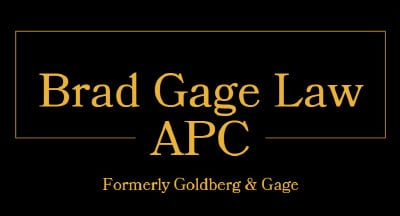When it comes to the intersection between law enforcement’s objectives and individual rights, so-called “Terry stops” are somewhat contentious. Terry stops get their name from a landmark ruling by the U.S. Supreme Court, which said that police officers are, in certain situations, temporarily allowed to detain and pat down someone’s clothing in a public place without first obtaining a warrant.
These stop-and-frisk actions are only legal when an officer has reasonable suspicion that someone is engaged in criminal activity. However, since what seems “reasonable” is a judgment call, Terry stops are problematic and ripe for abuse. Sometimes officers cross the line and abuse their power – and that tramples on the rights of the citizen or citizens involved.
When a Terry stop goes wrong
There are numerous ways that a Terry stop can become a civil rights violation. For example:
- Lack of reasonable suspicion: It’s important to remember that reasonable suspicion for a stop-and-frisk must be based on specific facts that can be articulated – not just an officer’s “hunch.” It’s one thing for the police to stop you because you closely match the physical description of a suspect they’re hunting for in the area, but another for them to stop you simply because you’re a Black man walking in a White neighborhood.
- Racial profiling: Like the aforementioned example, racial profiling can be a real problem with Terry stops. If an officer singles you out of a crowd of people who are all standing around a corner to search you for drugs and you happen to be the only Hispanic among a crowd of Whites, that may be an example of racial profiling.
- Excessive use of force: While police officers are permitted to order you to stop and comply with their commands, they may not use force that’s disproportionate to the situation. If so, that may be a violation of your Fourth Amendment rights.
- Extended detention without probable cause: Terry stops are supposed to be brief and focused on an immediate concern. If the stop goes on after the officer isn’t able to quickly confirm their suspicions or they use unnecessary force while stopping you, that’s illegal.
If you believe that your civil rights were violated during an illegal Terry stop, the law can help you. Seeking qualified legal guidance can make it easier to understand your options and exercise your rights.
